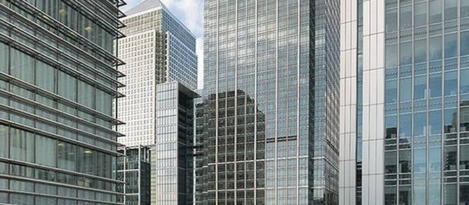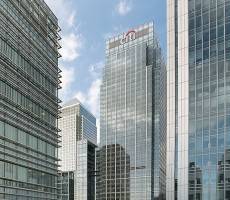July 25, 2016
Businesses worldwide ready to welcome robots into workplace 0
 Businesses are ready to embrace the new era of robot workers, automation and artificial intelligence, according to a new report. The Robotic Workforce Research study by AI specialists Genfour claims that more than half of respondents globally are ready to embrace the arrival of robots in the workplace. Almost half of respondents believe that between 10 and 30 percent could be subject to automation. Across all businesses in the UK and US, 94 percent responded that they would either embrace robots or felt a robotic future would be inevitable. Almost half (46 per cent) of UK businesses say they are set to welcome robots at work. A similar proportion (47 per cent) believe it is inevitable, and a third (32 per cent) believe they’ll be able to automate as much as 20 per cent of their business as soon as the technology becomes available. Just seven per cent are worried robots would steal jobs and 16 per cent currently have not planned automation.
Businesses are ready to embrace the new era of robot workers, automation and artificial intelligence, according to a new report. The Robotic Workforce Research study by AI specialists Genfour claims that more than half of respondents globally are ready to embrace the arrival of robots in the workplace. Almost half of respondents believe that between 10 and 30 percent could be subject to automation. Across all businesses in the UK and US, 94 percent responded that they would either embrace robots or felt a robotic future would be inevitable. Almost half (46 per cent) of UK businesses say they are set to welcome robots at work. A similar proportion (47 per cent) believe it is inevitable, and a third (32 per cent) believe they’ll be able to automate as much as 20 per cent of their business as soon as the technology becomes available. Just seven per cent are worried robots would steal jobs and 16 per cent currently have not planned automation.





































May 19, 2016
Where is the data for disability on boards – and do businesses care? 0
by Neil Barnfather • Comment, Legal news, Workplace
(more…)